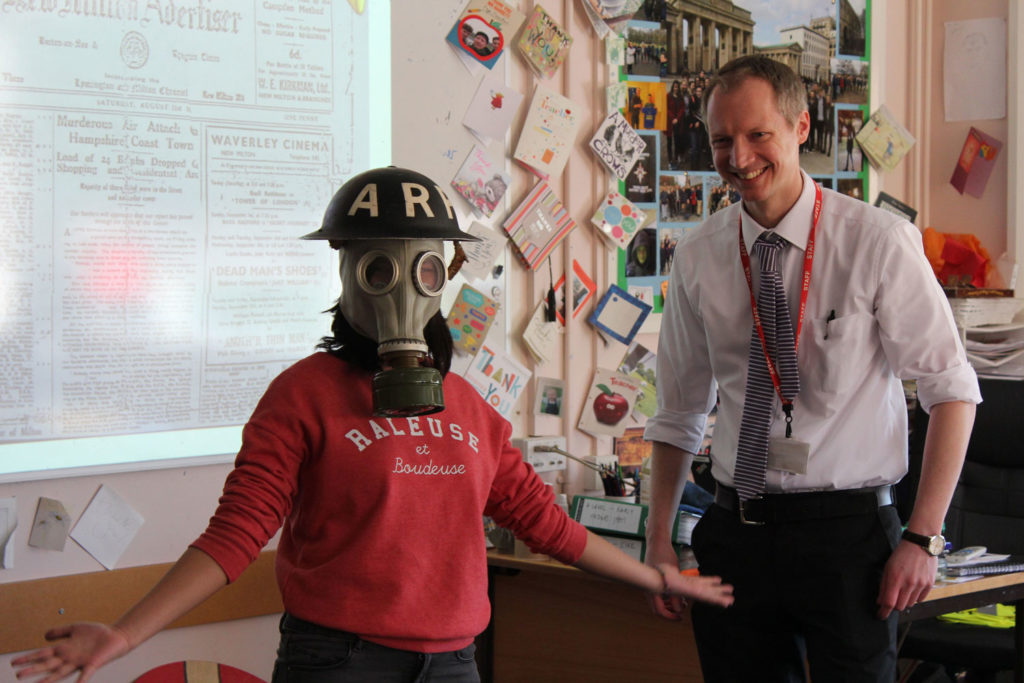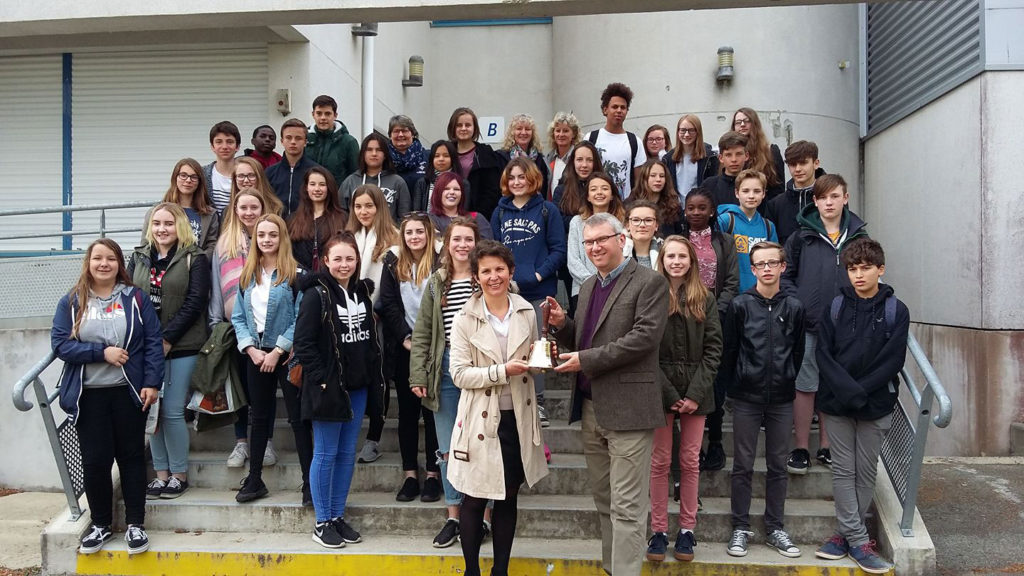Departments & Subjects
Our mission is to work with parents and the local community to provide a broad curriculum and a creative approach to learning. Our intent is to enable all students to fulfil their unique potential and make the world a better place through their informed choices and actions.
Our curriculum meets the requirements of national guidelines and explicitly intends to support students to become :
History

Mr Kinnison
“We are not makers of history. We are made by history”
Martin Luther King Jr.
Intent
Pupils of history learn good habits of thought as a result they will develop enquiring minds. They analyse and evaluate historical sources ideas and data, and develop original interpretations of such materials. They are also schooled in expressing themselves well, both verbally and in writing making them independent learners.
Pupils will develop a number of different skills including what causes events in history; the impact of events in history; the importance of local history; the significance of individuals and events; how Britain has changed over time; how the past has been interpreted in different ways; and to provide links with the modern day.
Pupils will experience a diverse range of British and World history ensuring they are outward-looking, tolerant and understanding of their place in the wider world. Teachers are passionate about their subject and install pupils with a deep-rooted desire to achieve.

